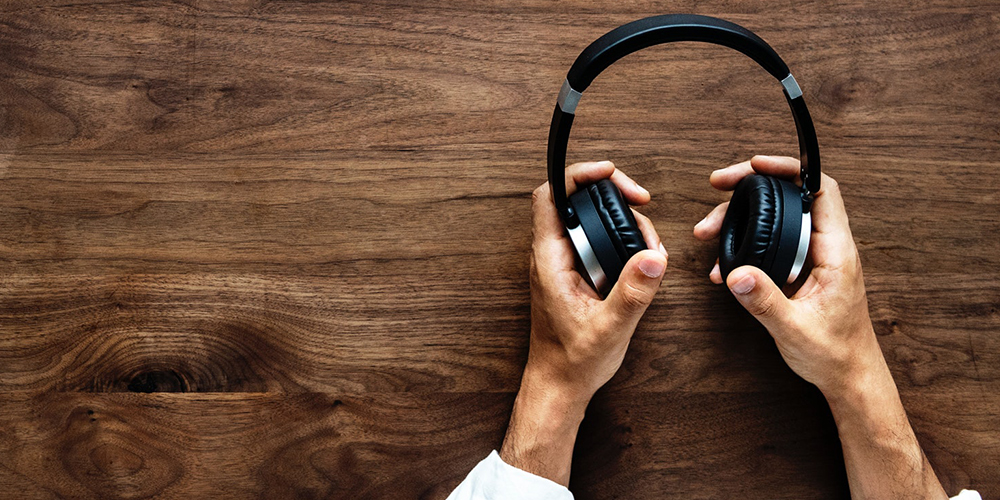Tips to Maintain Good Hearing
05.21.2018

The National Institutes of Health estimates that approximately 10 million adults under the age of 70 experience hearing loss from exposure to loud noise. Researchers also estimate that as many as 17 percent of teenagers appear to have noise-induced hearing loss in one or both ears.
Dr. Colleen Le Prell, who holds the Emilie and Phil Schepps Professorship in Hearing Science and is head of audiology at UTD, is concerned about the statistics because she knows that hearing loss caused by loud noise is preventable.
“There are a number of things that people can do to maintain healthy hearing,” Le Prell said. “Once your ears are damaged, the hearing loss won’t go away.”
In support of Better Speech and Hearing Month (May), Le Prell and the University’s Callier Center for Communication Disorders offer several tips to protect your hearing this spring and summer:
- Summer music festivals often include concerts with 100-dBA sound levels or higher. The closer you are to the speakers, the higher the sound levels will be. To protect your ears, consider “musician’s earplugs” that will reduce sound levels with less distortion.
- Lawnmowers, leaf blowers and other devices are loud. If you use headphones to listen to music, the sound levels get even higher as you turn up the volume to cover the background noise. Earplugs or earmuffs to reduce the sound levels reaching your ear are the best choice.
- The use of headphones during personal gaming sessions may increase in the summer for kids and teens. Volume-limiting earphones are a great solution. Remember: the louder the sound, the shorter the safe-listening period.
- During summer fireworks, pick a viewing location far away from the blasts. The American Speech-Language-Hearing Association recommends 500 feet as the minimum safe distance. When used correctly, earplugs and earmuffs are inexpensive tools that protect the ear by reducing sound levels.
- If sounds are muffled, your ears feel “full,” you notice a ringing in your ears, or you find yourself saying, “huh?” your ears have been injured. Many times these changes will recover, but if you repeat these activities and injuries, the changes can be permanent.
- If you notice changes in your hearing, schedule an appointment with a licensed audiologist. They can screen for early symptoms of noise damage, provide education on safe-listening choices, assess how well your hearing protection fits, fit you for custom hearing protection if appropriate, and monitor potential changes in your hearing over time.
–Phil Roth
Tags: Tips